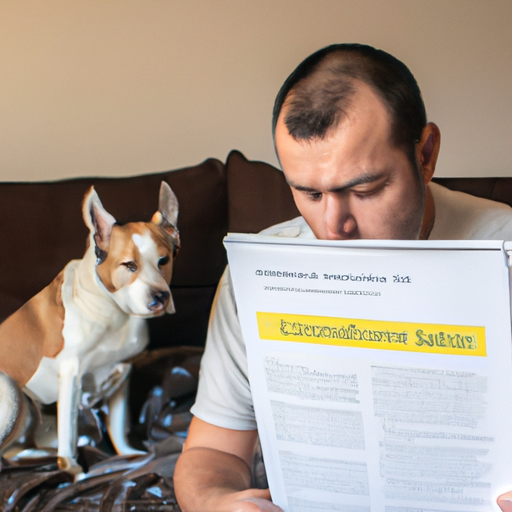1. Understanding Ketoacidosis in Dogs
First and foremost, it is vitally important to understand what you’re dealing with. Ketoacidosis in dogs is a serious, life-threatening condition that requires immediate medical attention. It arises when your dog’s body starts breaking down fat at a rate too quick for the body to process, leading to an excess of ketones in your dog’s blood.
Common symptoms include:
- Excessive thirst and urination
- Dehydration
- Rapid weight loss
- Unusual breath odor (often described as fruity)
- Loss of appetite
- Lethargy and weakness
2. Importance of Veterinary Care
While it’s understandable you may want to treat your dog’s ketoacidosis at home, it’s crucial to stress that professional veterinary care is essential. This condition can quickly become life-threatening if not treated properly. The vet can administer fluids, correct electrolyte imbalances, and provide round-the-clock monitoring to ensure your dog’s recovery.
| Treatment | Role |
|---|---|
| Fluid therapy | Rehydrates the body and helps flush out excess ketones |
| Electrolyte correction | Rebalances the body’s electrolyte levels |
| Insulin therapy | Lowers the blood glucose levels |
3. Diet Management
Once your veterinarian has stabilized your dog’s condition, there will be steps you can take at home to prevent a recurrence. One of the crucial steps is managing your dog’s diet. Your vet will likely recommend a diet high in quality proteins and low in fats. Remember to:
- Feed your dog in small, frequent meals.
- Avoid feeding your dog any table scraps or high-fat treats.
- Always have fresh water available.
4. Regular Exercise
Regular exercise is another key component in managing your dog’s health. It helps to maintain a healthy weight and promotes overall well-being. However, it’s important to keep it moderate – excessive exercise can also lead to ketoacidosis.
5. Regular Check-ups
Regular vet check-ups are essential to ensure your dog remains in good health and to catch any potential problems before they become serious. Keep a close eye on your dog’s weight, appetite, and energy levels, and report any changes to your vet.
FAQ Section
Q: Can ketoacidosis in dogs be prevented?
A: While there’s no surefire way to prevent ketoacidosis, maintaining a healthy diet and regular exercise can reduce the risk.
Q: How often should I bring my dog for check-ups?
A: It depends on your dog’s health condition. However, for dogs with a history of ketoacidosis, more frequent visits may be advisable.
Q: Can I treat ketoacidosis in my dog with home remedies?
A: No, ketoacidosis is a serious, life-threatening condition that requires professional veterinary care.
Remember, your four-legged friend relies heavily on you. Being informed and ready to act is the best way you can protect them.



